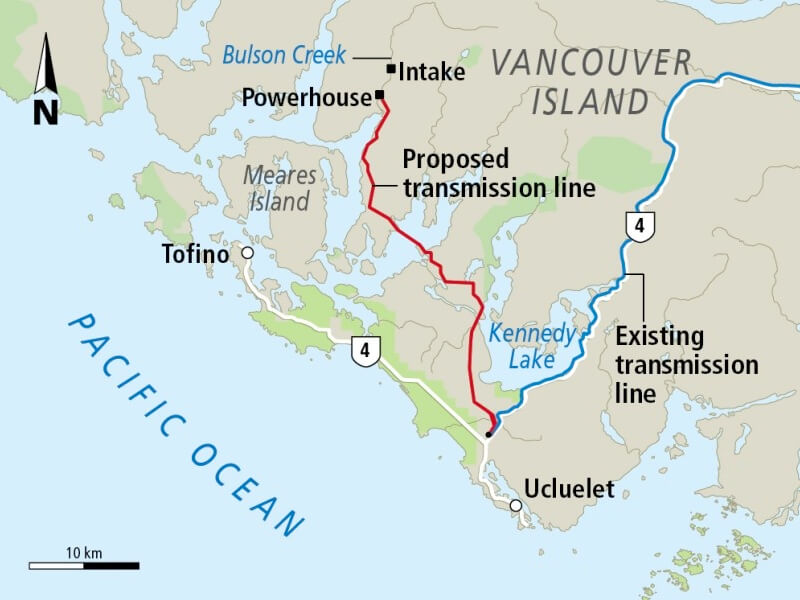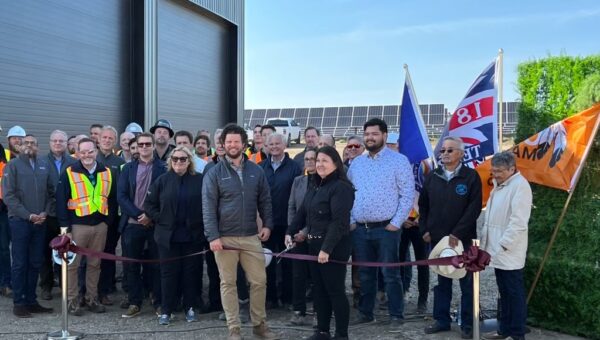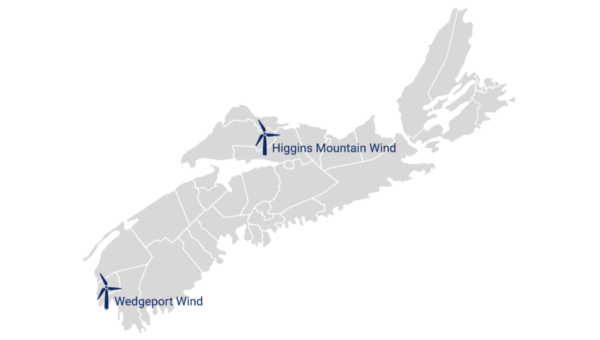Elemental Signs MOU with Ahousaht Nation for Hydro Project
The First Nation, based near Tofino, is negotiating a deal with Vancouver-based Elemental Energy to construct and operate a run-of-the-river project on Bulson Creek.
“This project will employ about 30 to 40 workers from Ahousaht during construction for 2 1/2 years, full time, which is super important to us. It will also, probably on an ongoing basis, employ four to six people in operations and maintenance.”
Trevor Jones, CEO of the Ahous Business Corp.
“This project will employ about 30 to 40 workers from Ahousaht during construction for 2 1/2 years, full time, which is super important to us. It will also, probably on an ongoing basis, employ four to six people in operations and maintenance,” said Trevor Jones, CEO of the Ahous Business Corp.
“More importantly, it allows us to diversify our economy and generate wealth for the community in a legacy way.”
Currently, the largest employers for the Ahousaht are the local and federal governments, followed by the tourism industry, then the salmon aquaculture industry and fisheries, Jones said.
Run-of-the-river hydro projects generate electricity by using part of natural stream flows and natural elevation difference. A portion of a stream is diverted into a buried pipe, called a penstock, then channelled downstream into one or more turbines. The flowing water causes the turbines to spin, generating electricity. The water is released back into the stream.
In this case, intake would occur at a 260-metre elevation, then travel 160 metres to the generation site. Unlike conventional storage hydro, there is no dam involved and only a portion of the stream flow is affected.
The Ahousaht Nation has been collecting flow data since 2015, a process that takes a minimum of two years. “That data becomes your baseline flow data,” Jones said. “It will show you how much power you can generate and it will also tell you how much water you must leave to have little or no impact on the environment.”
The project’s capacity is estimated at about 50 gigawatt hours annually, or 15 megawatts at any given time. Fifty gigawatts is the equivalent of powering 4,545 homes a year, B.C. Hydro said.
The electricity would be sold to B.C. Hydro, which received a letter alerting it to the proposal last week. B.C. Hydro said it cannot comment on the project while it’s being reviewed.
Jones’s early estimate puts the project cost at $60 million.
If the Ahousaht maintain majority ownership, it would generate $5 million to $7 million annually after 20 years of debt-servicing payments are complete, Jones said.
The Ahousaht have hired biologists to collect data on salmon and assess habitat, and are aiming to avoid altering habitat, Jones said.
“What we’re trying to determine is what the water flows have to be maintained at, so that we don’t harm fish,” he said.
B.C. Hydro has electricity purchase agreements with 58 operational run-of-the-river projects and 11 more in development.
Eligible projects must be clean or renewable, located in B.C. and under 15 megawatts. The developer must have obtained all material permits, demonstrate site control and appropriate zoning, as well as consult First Nations.
In 2014, the Pacific Salmon Foundation found the risk to salmon and trout posed by run-of-the-river projects is not yet fully understood. It identified a lack of independent analysis of the projects, representing a “serious deficiency in environmental oversight.”
Ahousaht’s hereditary chief Lewis George said the hydro project is one of many new economic initiatives that will benefit the First Nation. It’s also operating a campground on property recently purchased on Meares Island and working to open a fuel station.
“Economically, it will put us on the map,” George said.
Elemental Energy began operating a 16-megawatt run-of-the-river project in January, at Box Canyon near Squamish. It also operates three wind projects. It has six other wind, hydro, solar and biomass projects in development.
© Copyright Times Colonist
– See more at: http://www.timescolonist.com/news/local/ahousaht-run-of-river-project-could-power-tofino-ucluelet-1.2320697#sthash.e121h8Gk.dpuf


